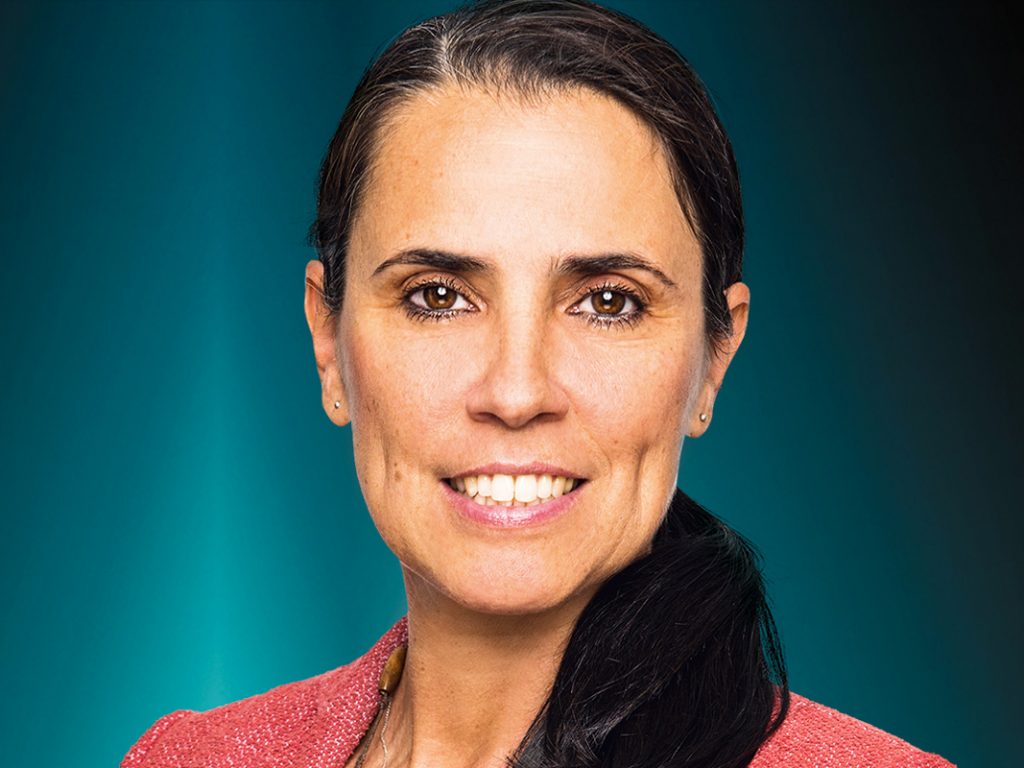Alexandra Georgieva began her dance training at the age of six. She was later trained by the world’s best dance teachers at the State Ballet School in Sofia, Bulgaria. After various engagements, Georgieva was accepted into the ballet ensemble of the Friedrichstadt-Palast in 1990 and shortly afterwards took on her first solo part.
She completed her dance pedagogical training while working. After 23 years on stage, she ended her dance career in 2008, but has remained associated with the Friedrichstadt-Palast as ballet director to this day. She is also the Choreographic Supervisor for the Grand Shows.
Alexandra Georgieva volunteers as a board member of the German Dance Prize (2012 and 2016) and on the board of trustees of the Dell’Era Memorial Foundation. She has also been a presidium member of the Federal German Ballet and Dance Theatre Directors’ Conference since 2017.
Interview with Jury Member Alexandra Georgieva
Fewer dance projects were submitted this year than last year. I am indeed a bit sad about that. But I find all the projects to be very, very interesting and I am thrilled by the creative drive out there. I have utmost passion for these projects.
The first thing I have to say is that I think this country is wonderful. There are so many opportunities. When you look at Germany from the outside, you might get the impression that only happy people live here. That isn’t the reality, of course, but Germany does offer many opportunities for integration. One needs to seize them. I started with the language. Once you know the language, then virtually all doors are open to you. I would encourage that from day one upon landing here. For me, that was both the beginning and the key to everything. If you can understand the mentality and the emotions of the people, then many other things come naturally.
Oh, of course! Dance is a global language and is spoken everywhere. Dancers understand one another and also build a connection with their audiences. That helped me a lot in the beginning. Dancing is joy, dancing is emotion, dancing is gratification in all senses. It’s also a kind of language and emotional communication.

